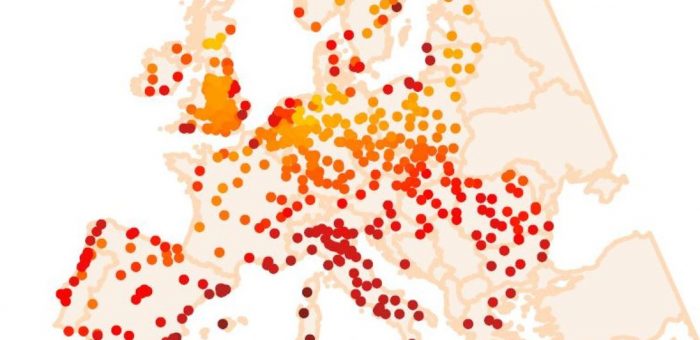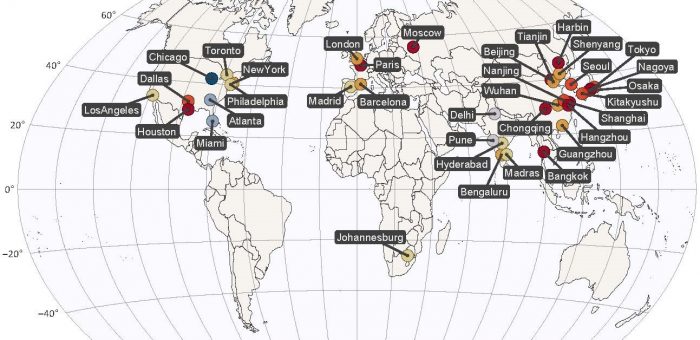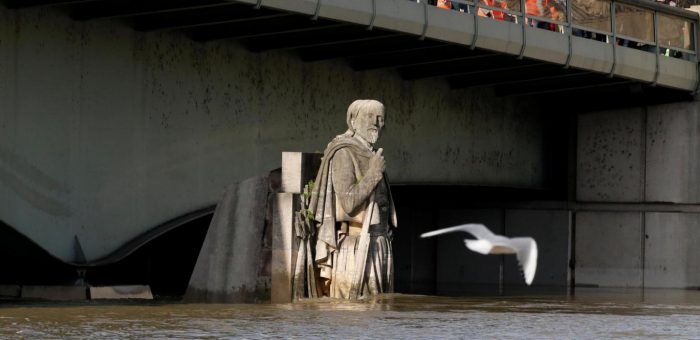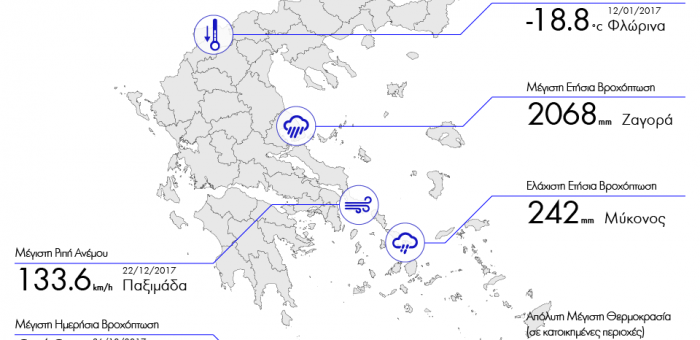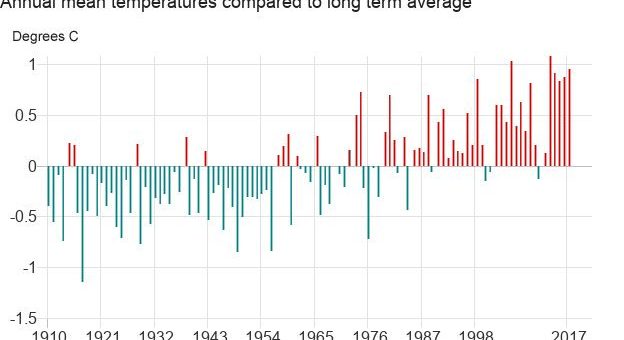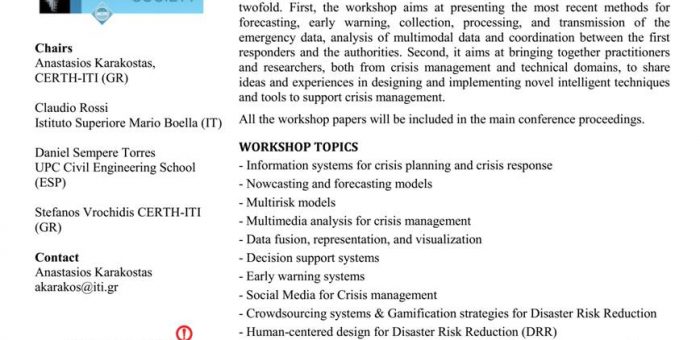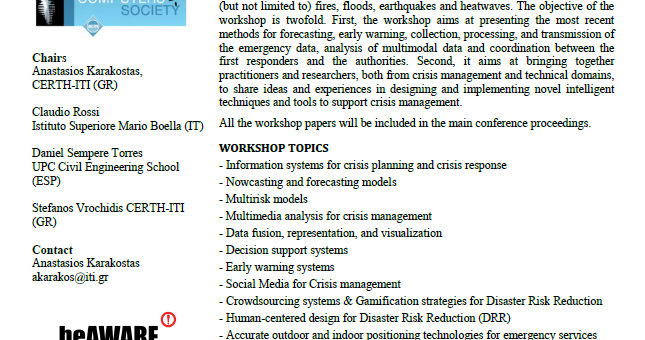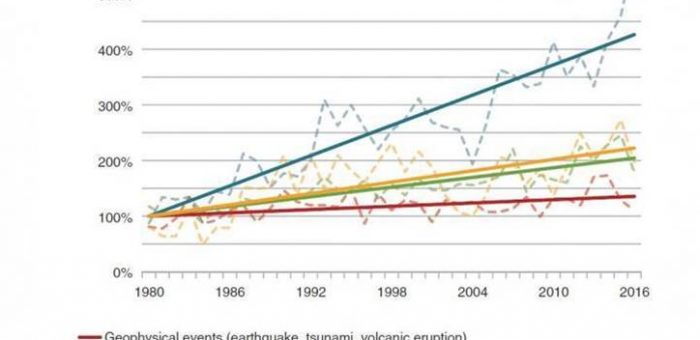
Extreme weather phenomena are becoming more and more frequent, a new study by EASAC reveals.
New data show that extreme weather events have become more frequent over the past 36 years. The study conducted by the European Academies’ Science Advisory Council, which is made up of the 27 national science academies in the European Union, Norway, and Switzerland, examined trends in extreme weather within Europe with a significant uptick in floods and other hydrological events compared with a similar study published five years ago. The study found that hydrological events, such as floods and landslides, have quadrupled worldwide since 1980 and have doubled since 2004. It also found that climatological events, such as extreme temperatures, droughts, and forest fires, have more than doubled since 1980. And it found that meteorological events, such as storms, have doubled since 1980, the council said in a statement.…


